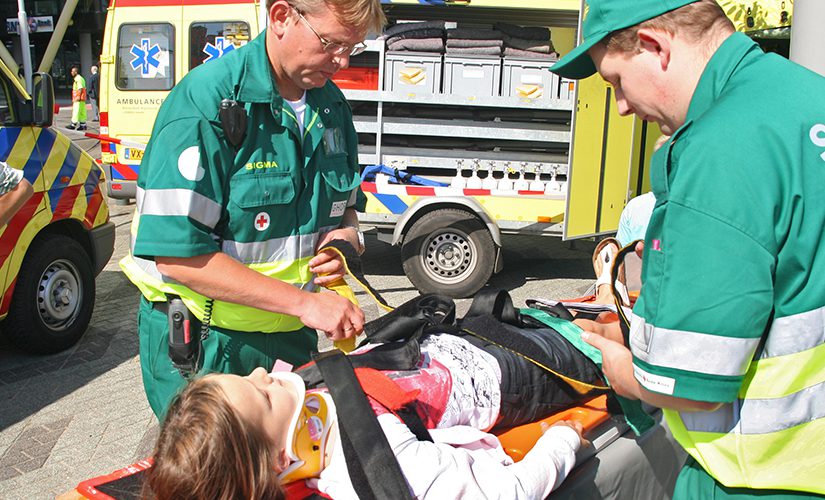Category: response
Beware of Snail Mail: 10 Signs of a Suspicious Package

If you are anything like me, you love getting mail. There is something about opening the mailbox to find a postcard from a loved one or a care-package with homemade cookies that can make your day. But not all packages are filled with love. Sometimes people send items and materials through the mail that are Read More >
Posted on by 2 CommentsPartner, Train, Respond: Increasing Global Emergency Management Capacity

Countries in Africa are no strangers to major disease outbreaks that can result in illness and death of millions of people. In the past two years alone the continent has experienced infectious disease outbreaks of cholera, meningitis, Ebola Virus Disease, Lassa fever, and Yellow fever, and other public health emergencies such as drought and famine. Read More >
Posted on by 1 CommentBuilding the Future Preparedness and Response Workforce

When I think about public health preparedness and response I ask myself three questions: Who provides the infrastructure to train public health responders? Where do they learn what they know? Who helps a responder fulfill their mission? The answers to these questions may rest in the TRAIN Learning Network (TRAIN). After the September 11th terrorist Read More >
Posted on by Leave a commentThe Power of Us

“I am a Katrina survivor.” These were the first words out of Joan Ellen’s mouth when I spoke with her. And she was one of the lucky ones. She made it out of New Orleans before Hurricane Katrina made landfall on August 29, 2005. But not everyone was so fortunate. One of Joan Ellen’s neighbors Read More >
Posted on by Leave a commentPreparedness and Response in Action: Stories from the States

CDC’s Public Health Emergency Preparedness (PHEP) cooperative agreement is a critical source of funding, guidance, and technical assistance for state, local, tribal, and territorial public health departments to strengthen their public health preparedness capabilities. Since 9/11, the PHEP program has saved lives by building and maintaining a nationwide public health emergency management system that enables Read More >
Posted on by 2 CommentsPreparing for the Worst-case Scenario

Setting the Stage Imagine this: Explosions across New York City target elementary schools. Hundreds of severely injured and traumatized children, teachers, and parents flood hospital emergency departments in the five boroughs. Municipal emergency medical services (EMS) are rushing to respond. Fortunately this scenario wasn’t really happening – it was part of an exercise conducted on Read More >
Posted on by Leave a comment
